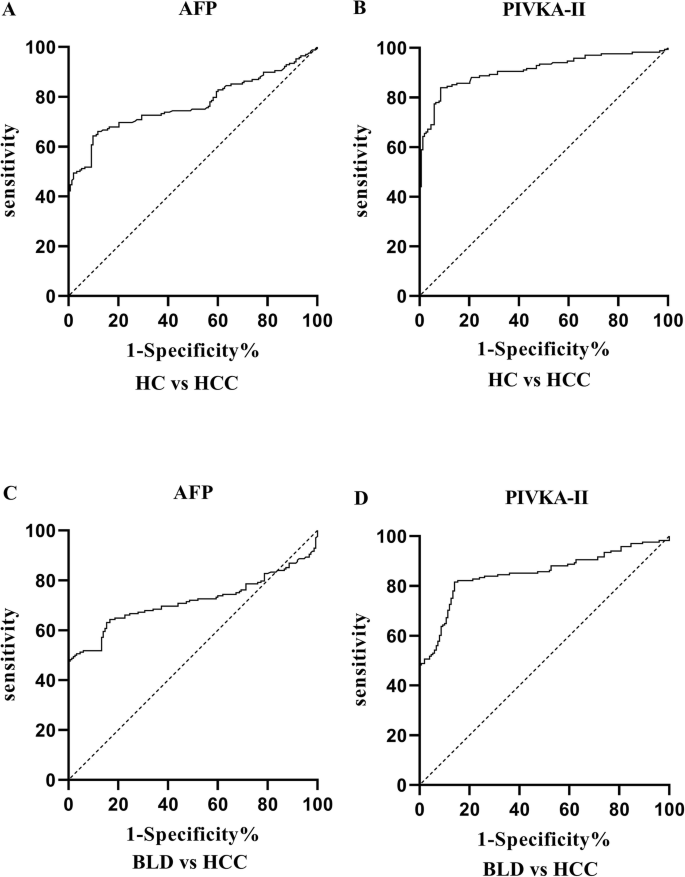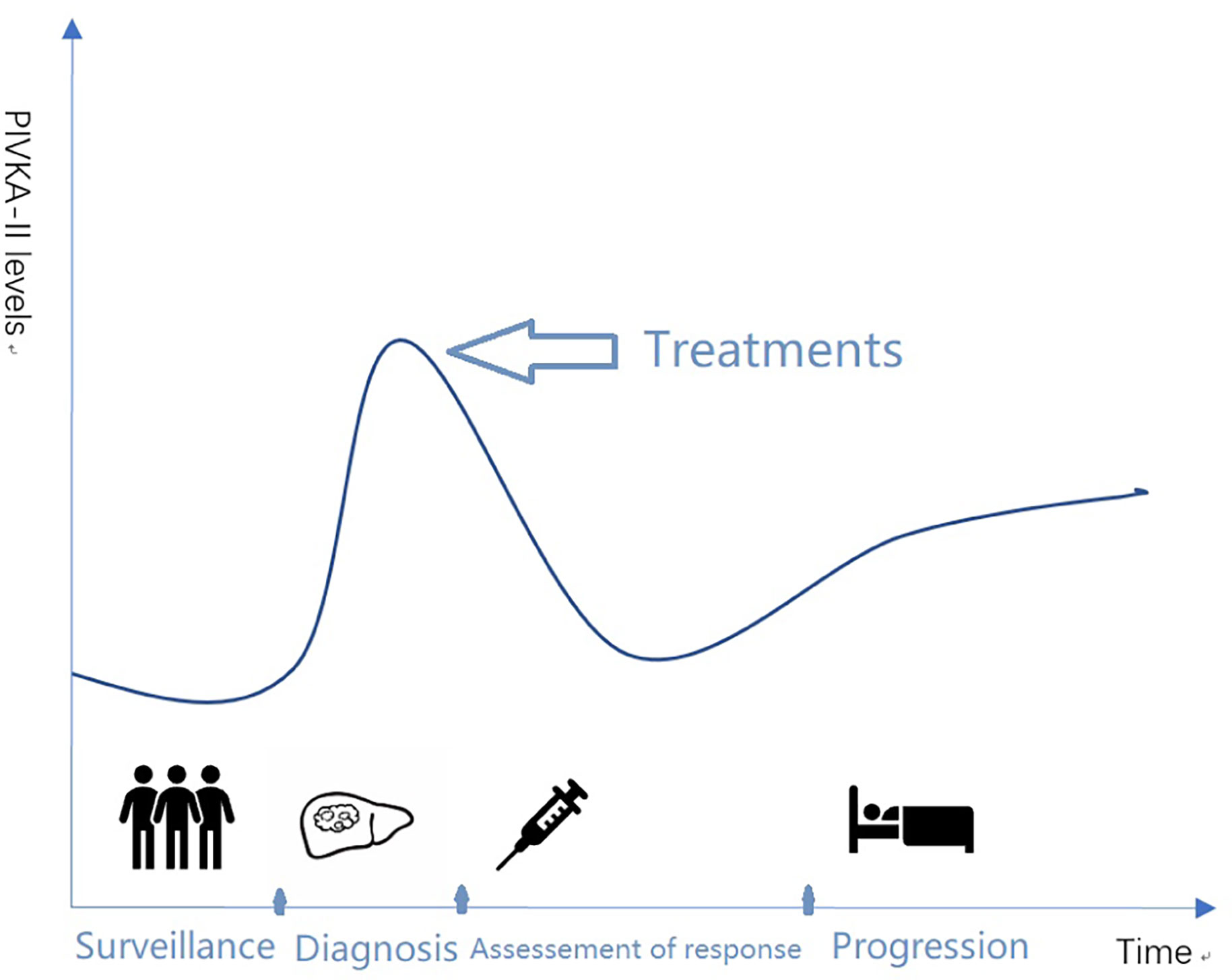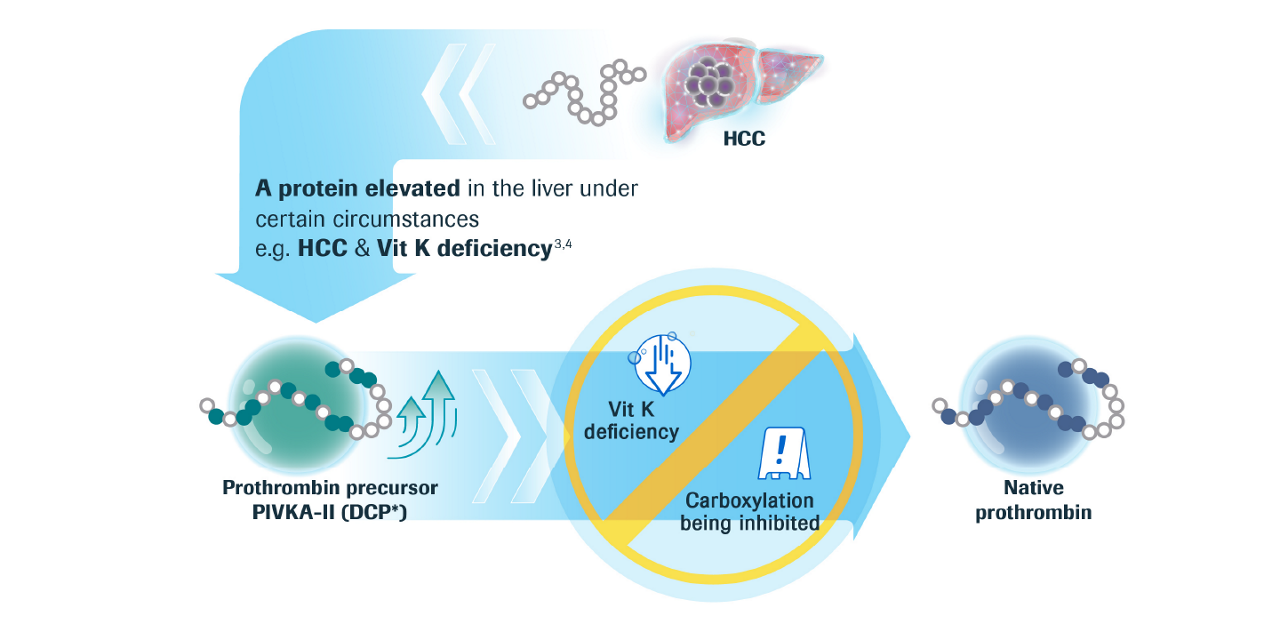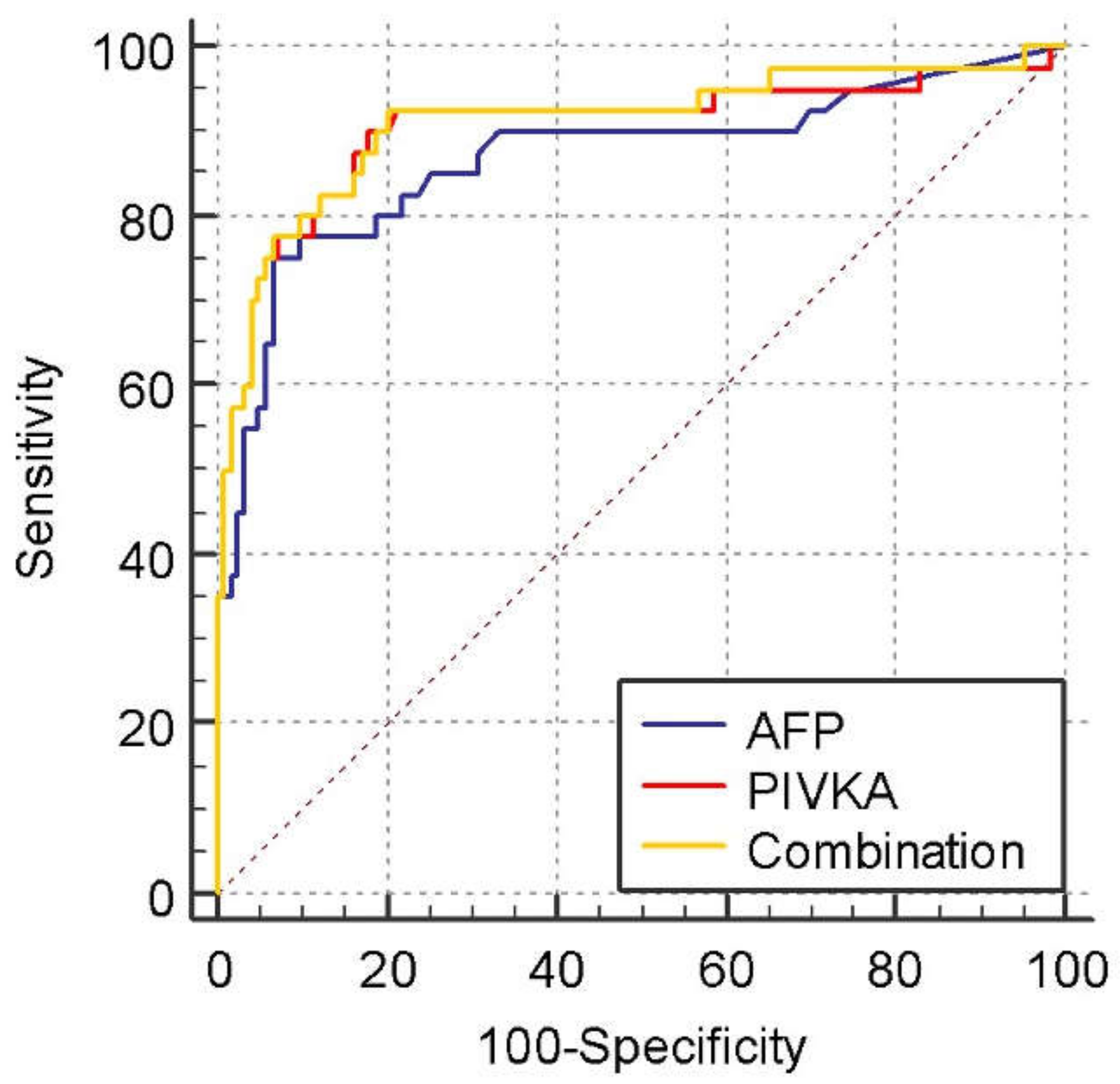
Medicina | Free Full-Text | Utility of PIVKA-II and AFP in Differentiating Hepatocellular Carcinoma from Non-Malignant High-Risk Patients
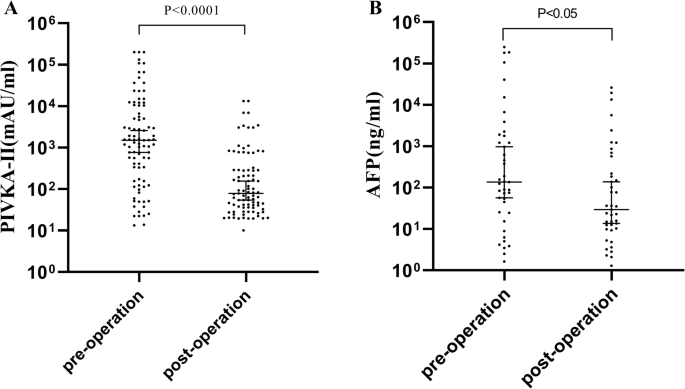
PIVKA-II serves as a potential biomarker that complements AFP for the diagnosis of hepatocellular carcinoma | BMC Cancer | Full Text

PIVKA-II serves as a potential biomarker that complements AFP for the diagnosis of hepatocellular carcinoma | BMC Cancer | Full Text
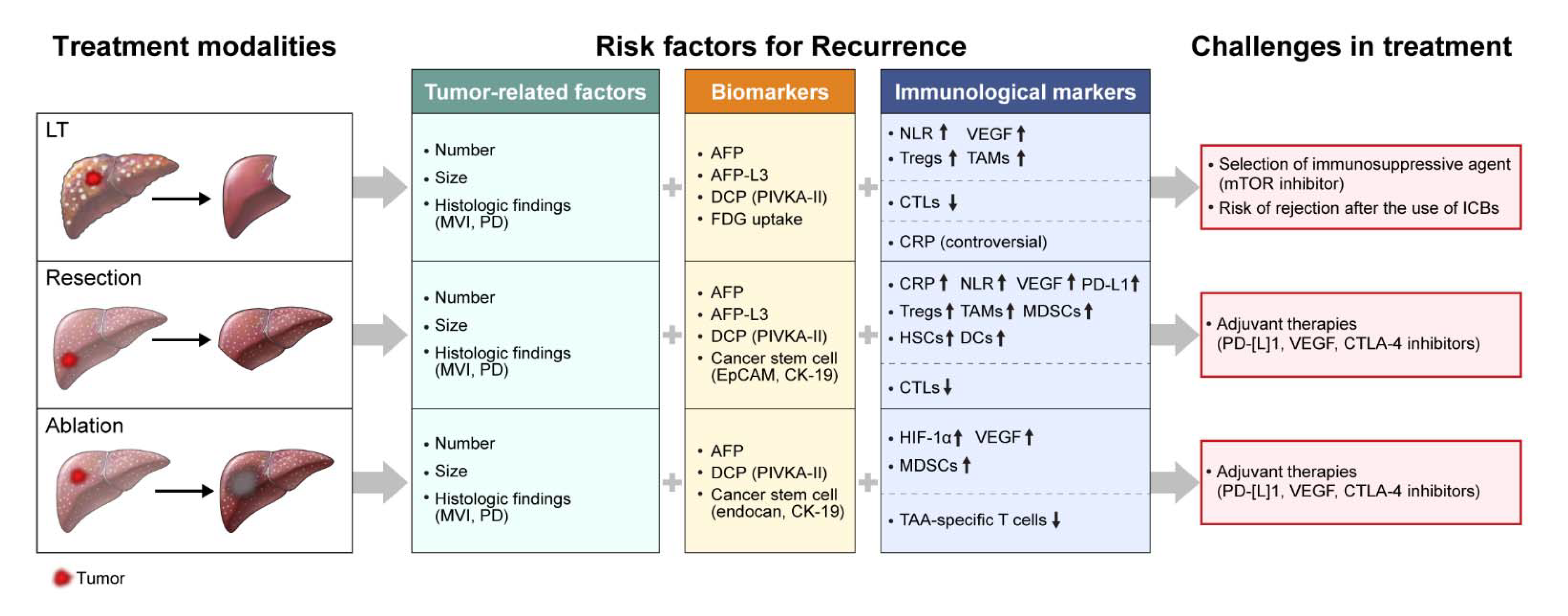
IJMS | Free Full-Text | Immunological Markers, Prognostic Factors and Challenges Following Curative Treatments for Hepatocellular Carcinoma
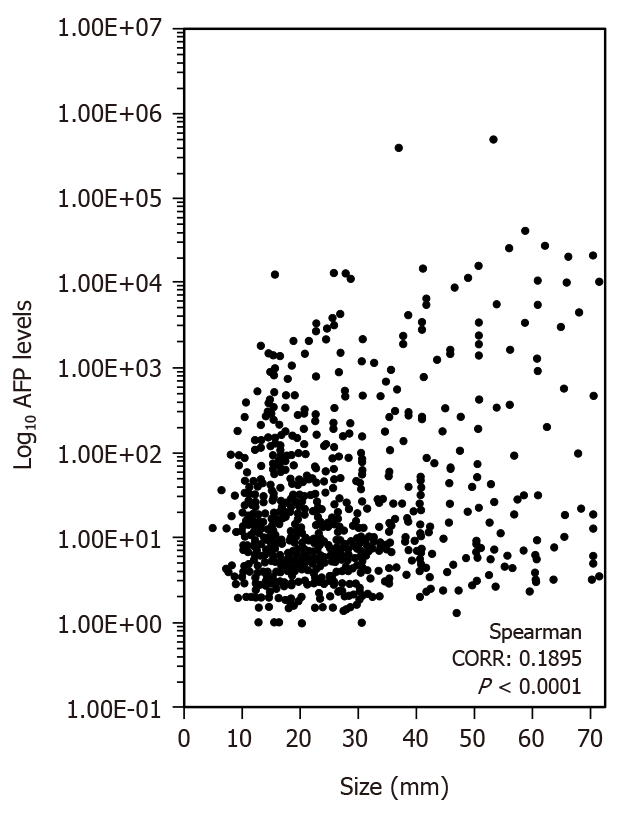
Real impact of tumor marker AFP and PIVKA-II in detecting very small hepatocellular carcinoma (≤ 2 cm, Barcelona stage 0) - assessment with large number of cases

PIVKA-II is a candidate marker for monitoring the effects of the oral anticoagulant warfarin. | Semantic Scholar
PIVKA-II or AFP has better diagnostic properties for hepatocellular carcinoma diagnosis in high-risk patients

Premium Photo | Pivka ii or protein induced by vitamin k ii test a screening marker for hepatocellular carcinoma
The diagnostic performance of PIVKA-II in metabolic and viral hepatocellular carcinoma: a pilot study
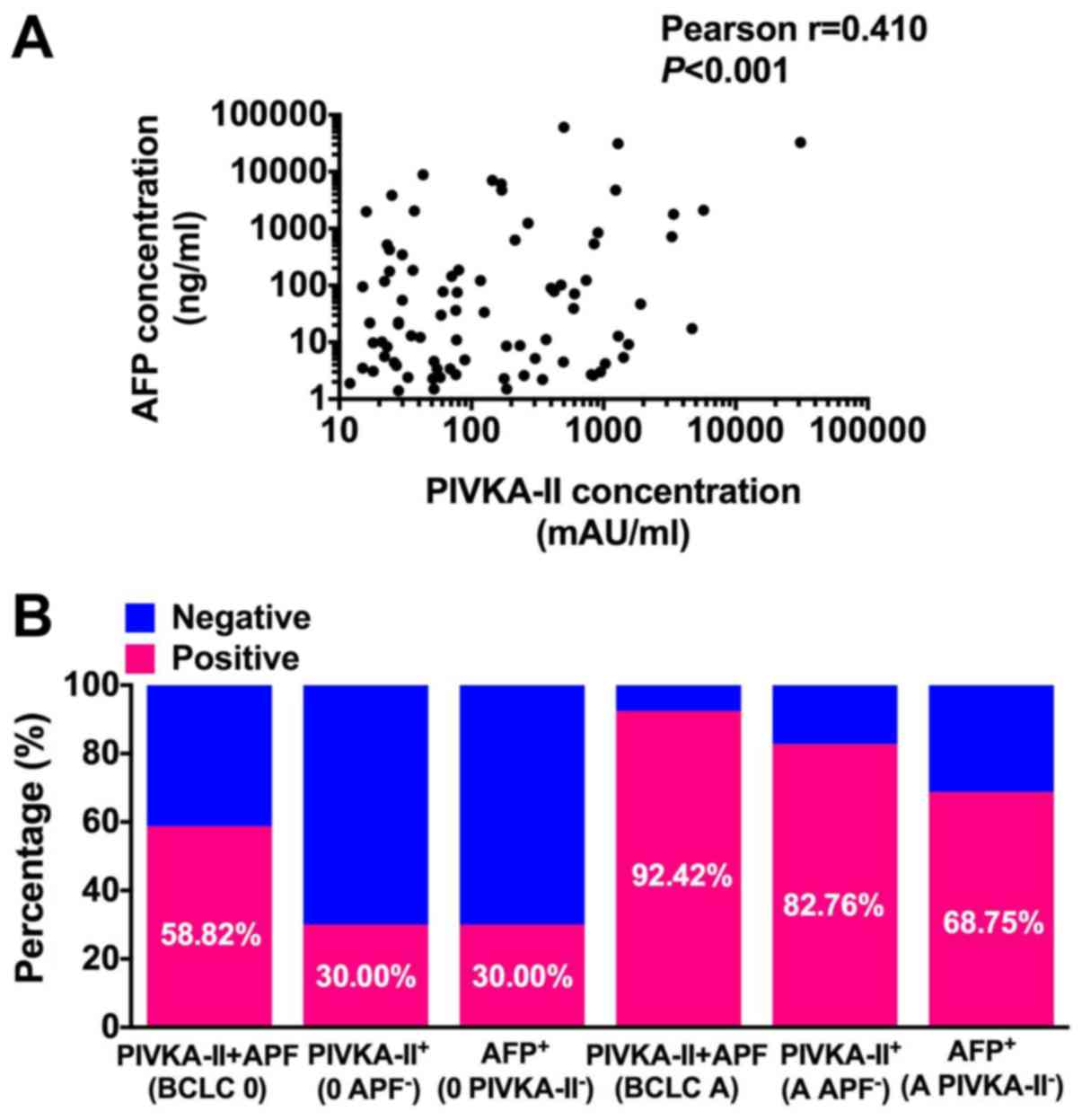
Significance of PIVKA‑II levels for predicting microvascular invasion and tumor cell proliferation in Chinese patients with hepatitis B virus‑associated hepatocellular carcinoma
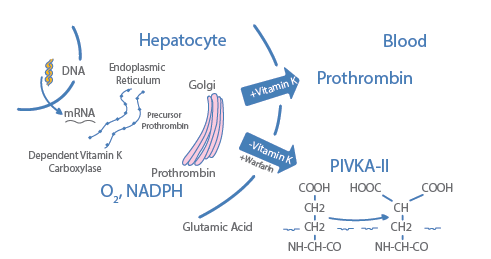
PIVKA-II, a biomarker of liver cells for the management of hepatocellular carcinoma (HCC) | Fujirebio

Epitope characterization of an anti-PIVKA-II antibody and evaluation of a fully automated chemiluminescent immunoassay for PIVKA-II - ScienceDirect
PIVKA-II: A biomarker for diagnosing and monitoring patients with pancreatic adenocarcinoma | PLOS ONE
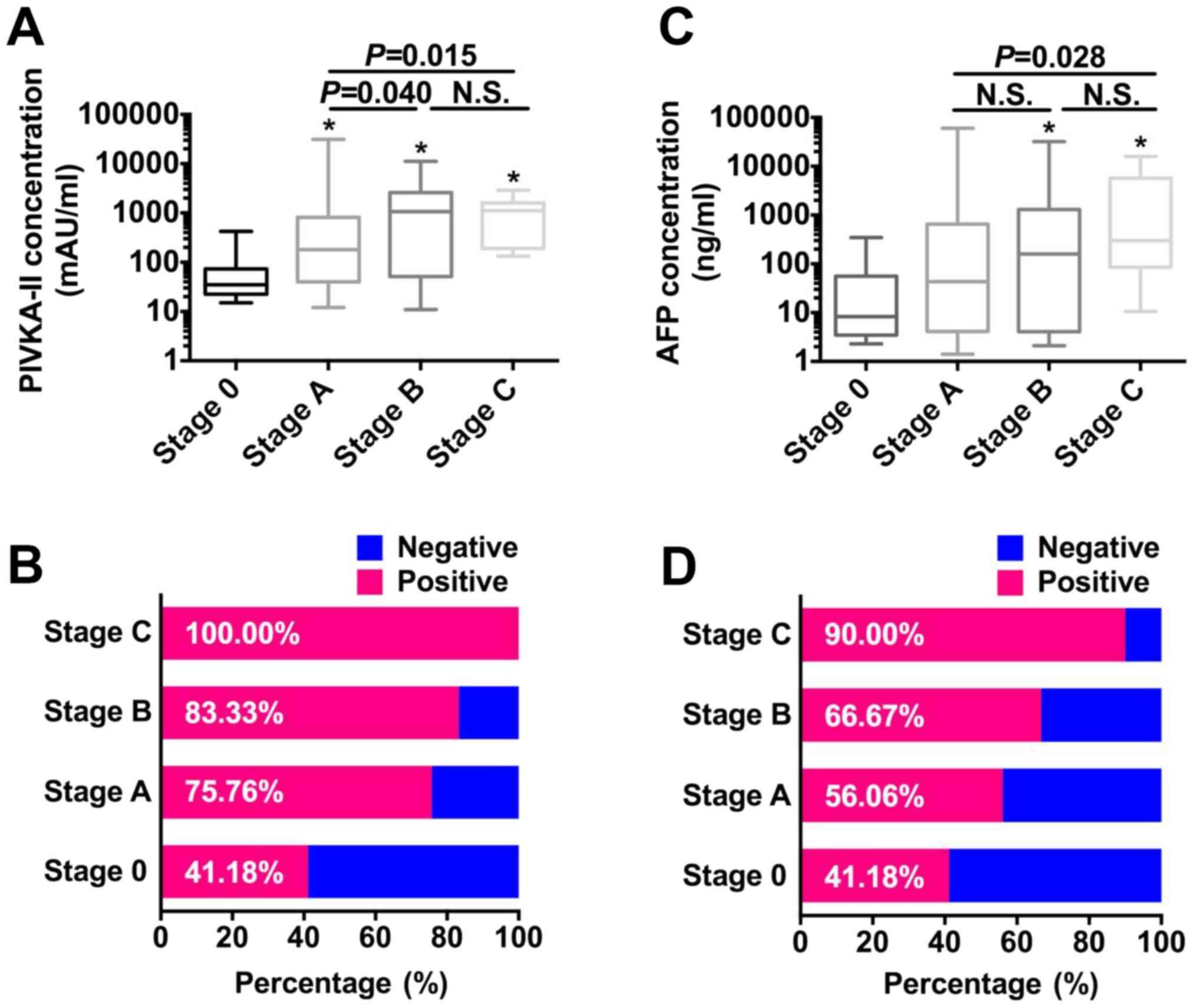
Significance of PIVKA‑II levels for predicting microvascular invasion and tumor cell proliferation in Chinese patients with hepatitis B virus‑associated hepatocellular carcinoma

Development and evaluation of analytical performance of a fully automated chemiluminescent immunoassay for protein induced by vitamin K absence or antagonist II - ScienceDirect
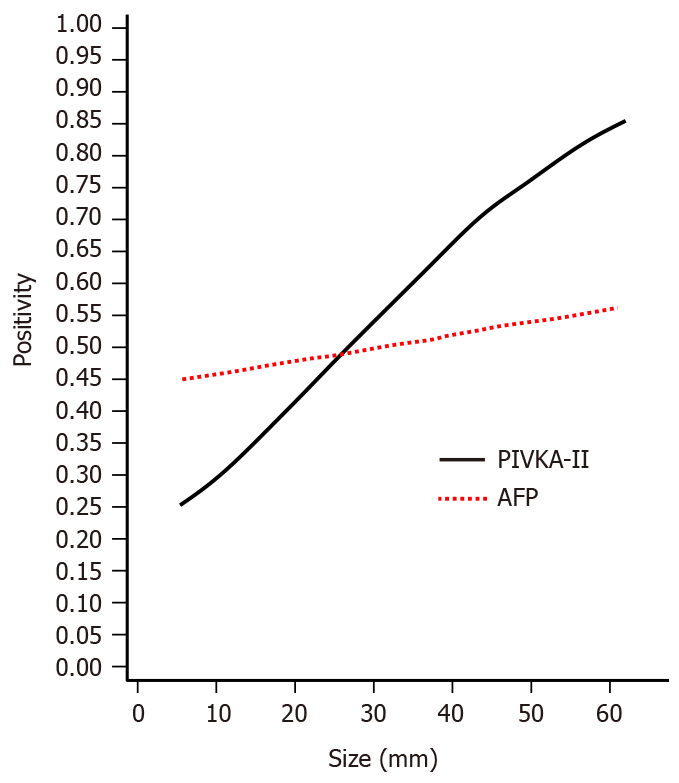
Real impact of tumor marker AFP and PIVKA-II in detecting very small hepatocellular carcinoma (≤ 2 cm, Barcelona stage 0) - assessment with large number of cases
